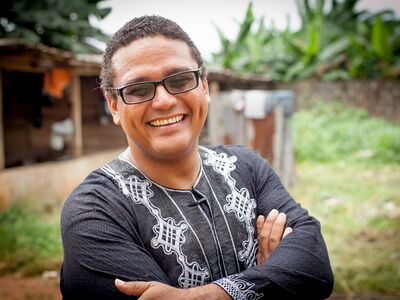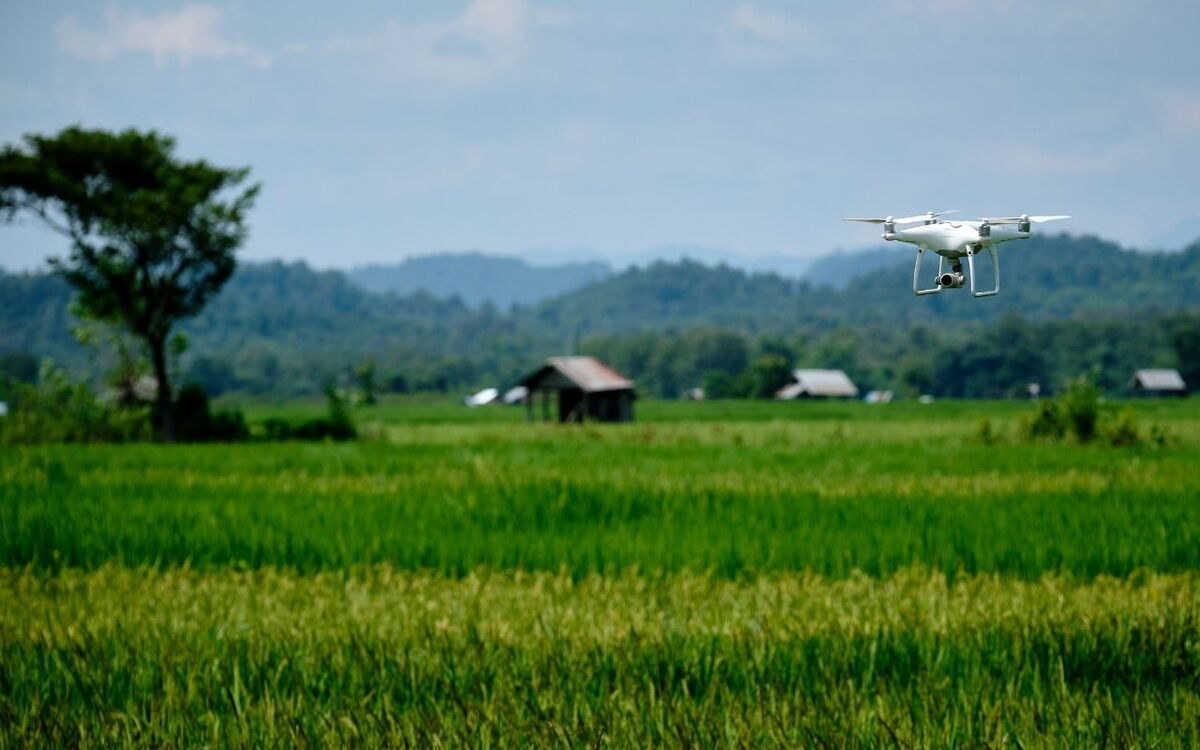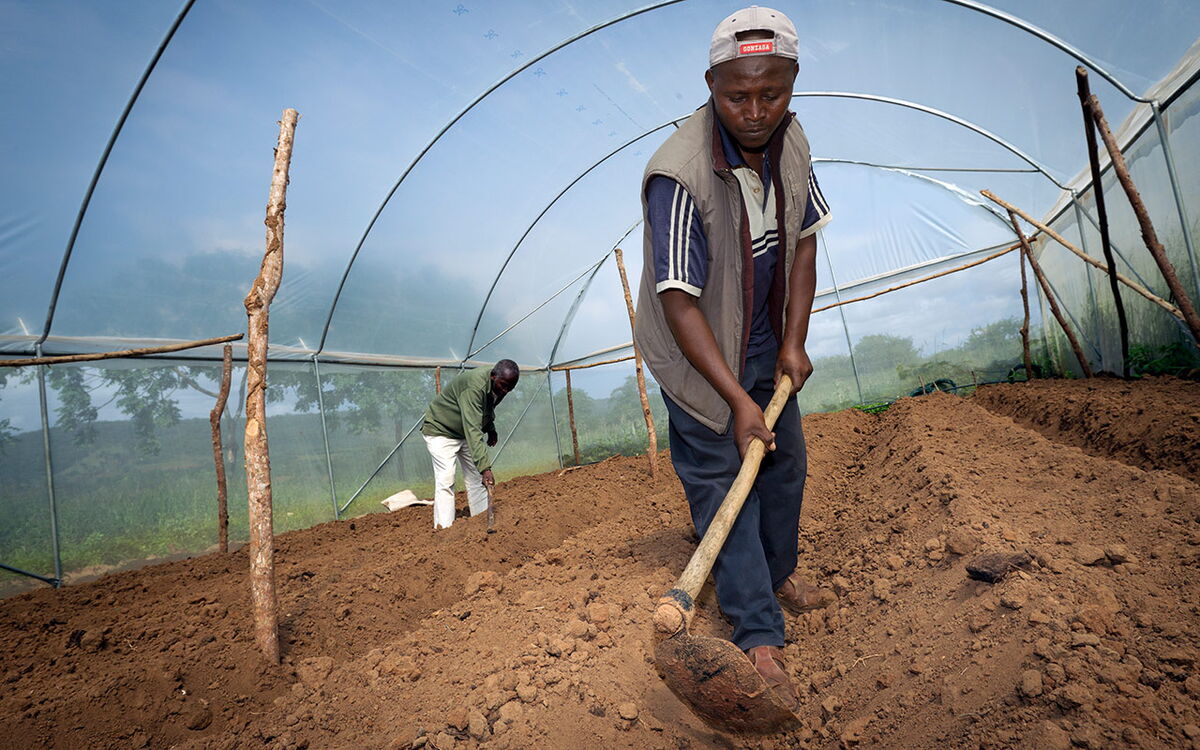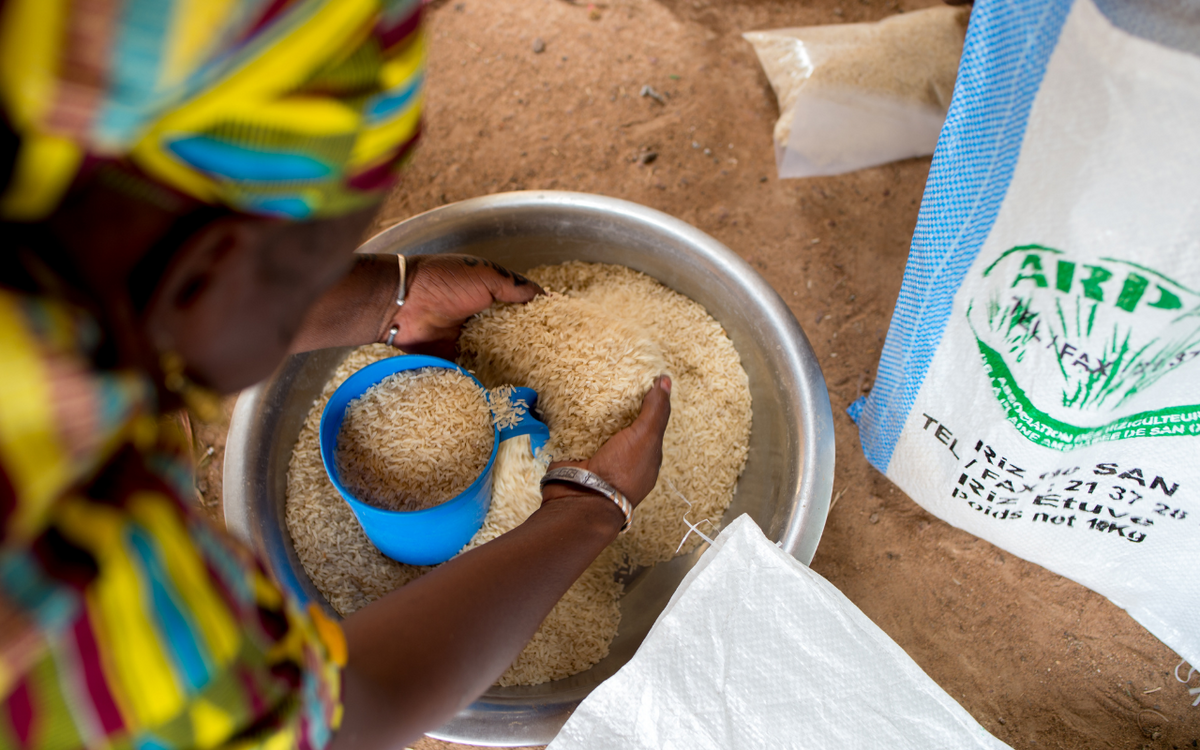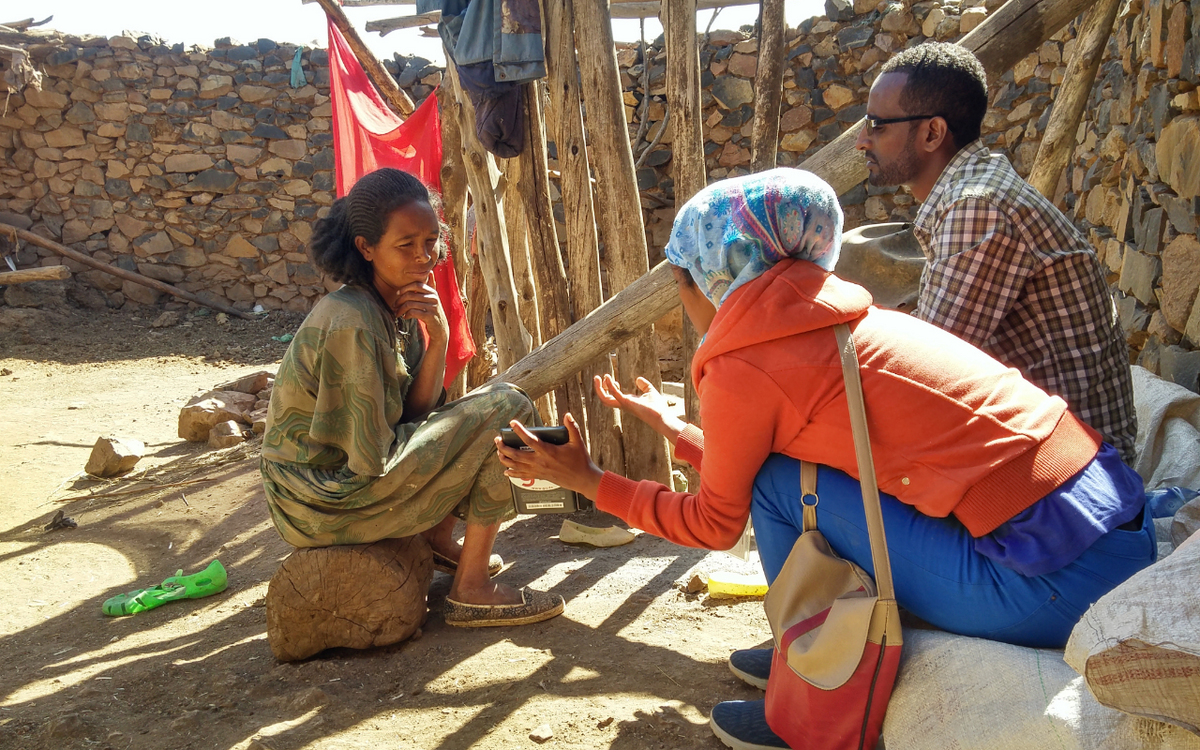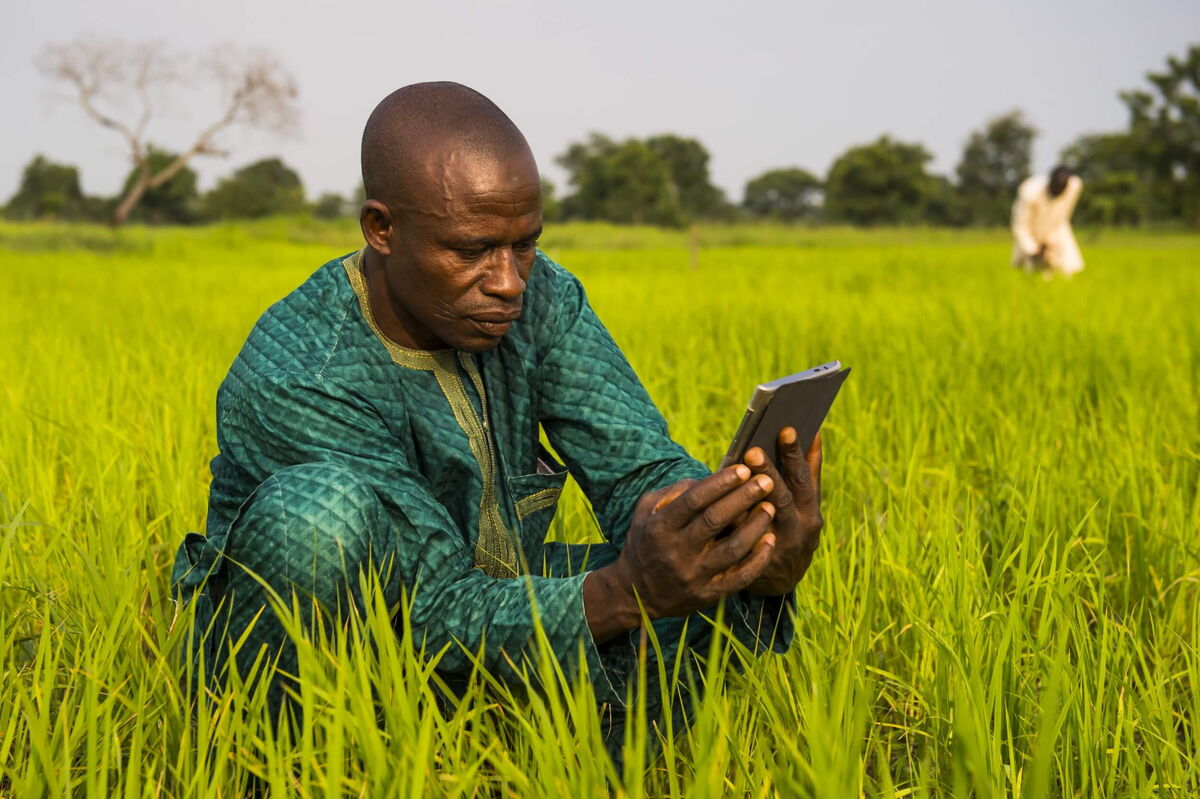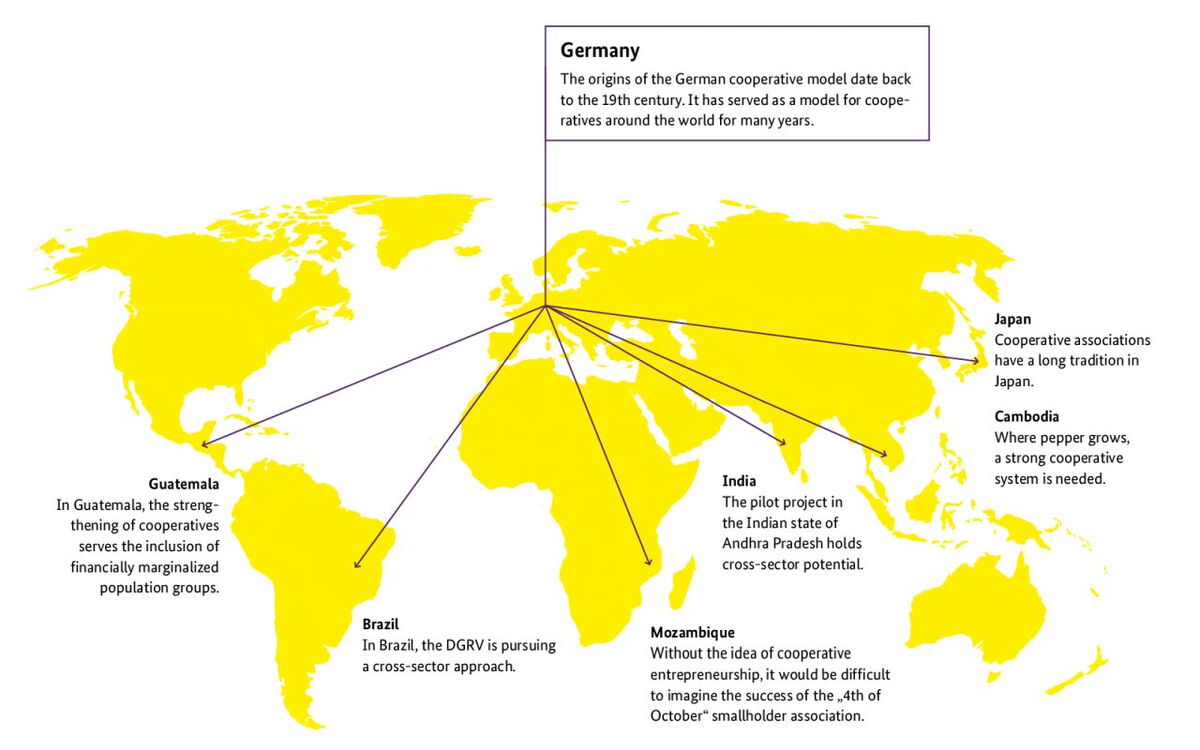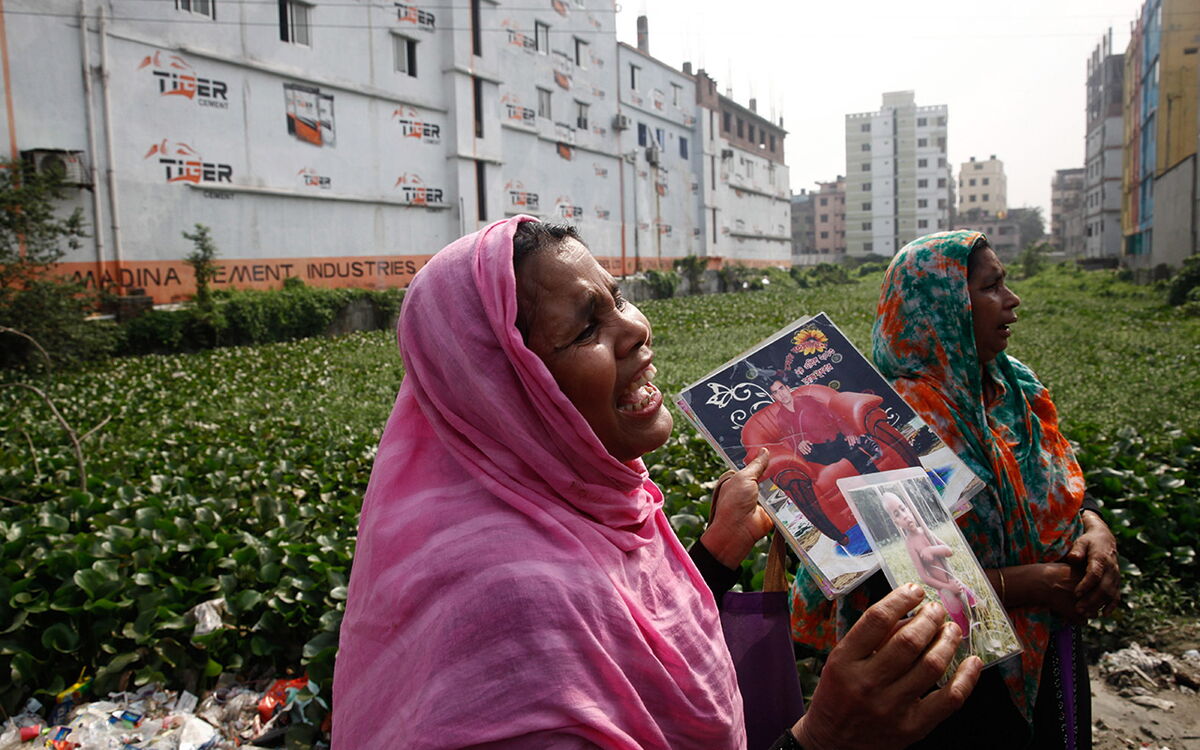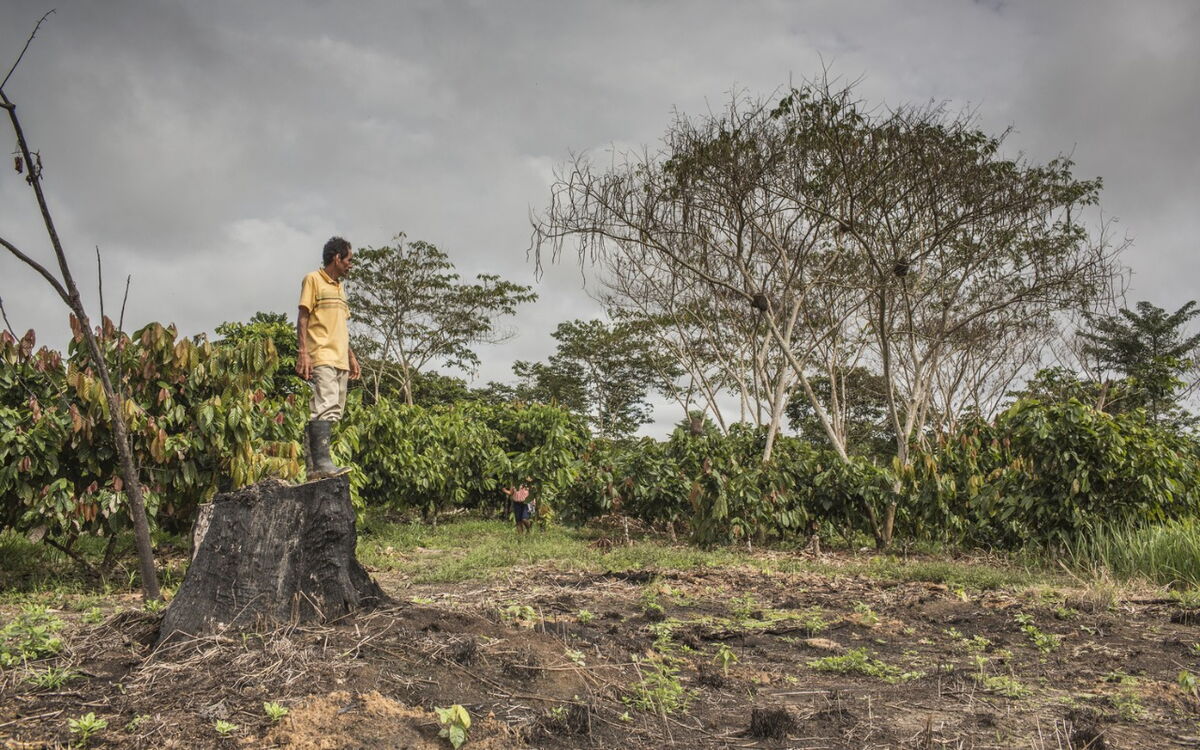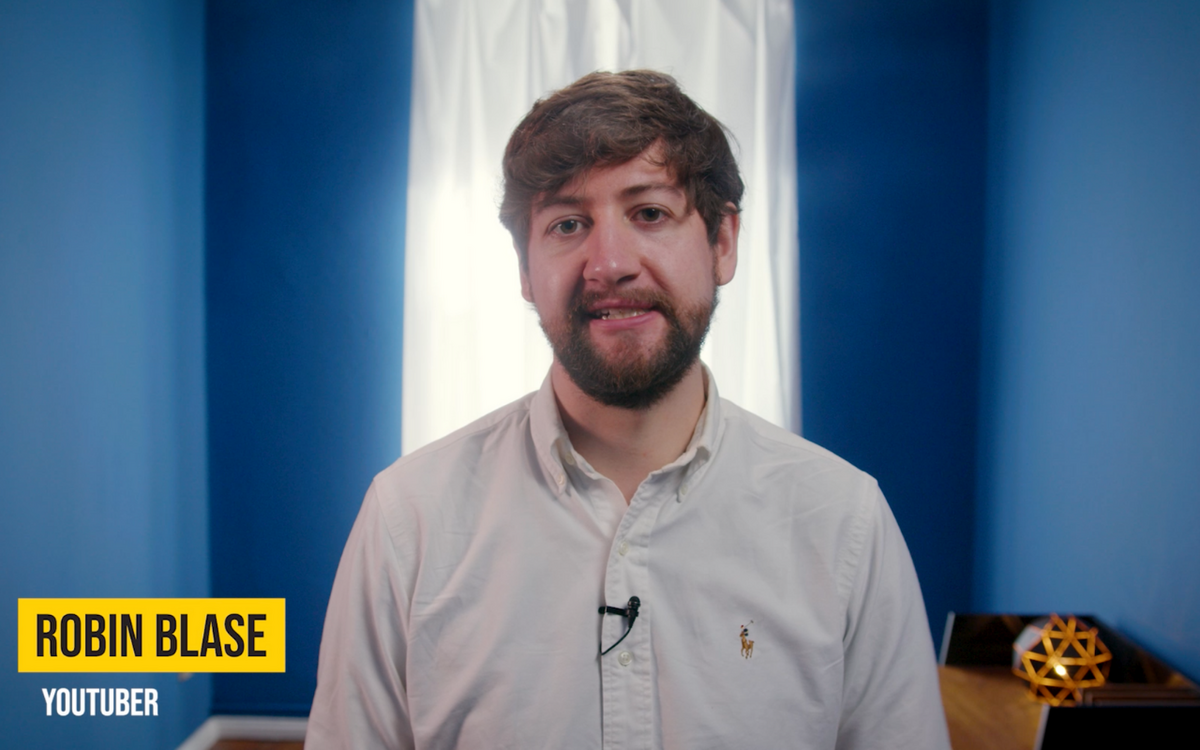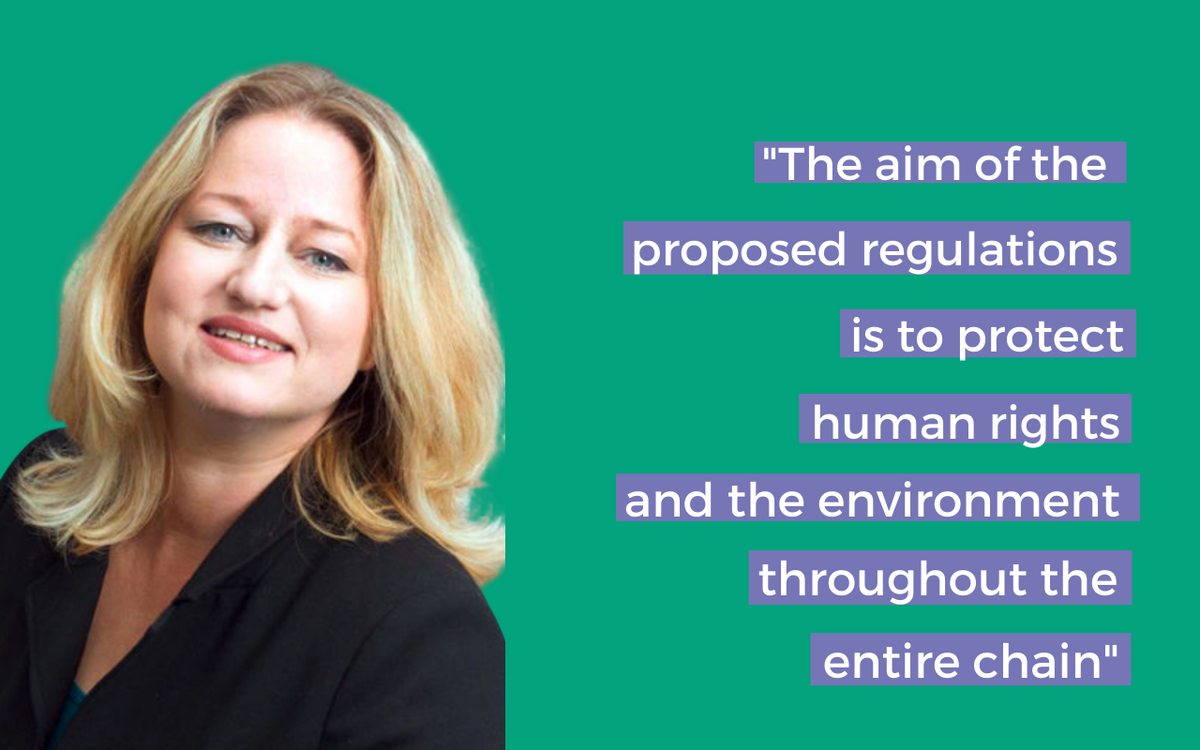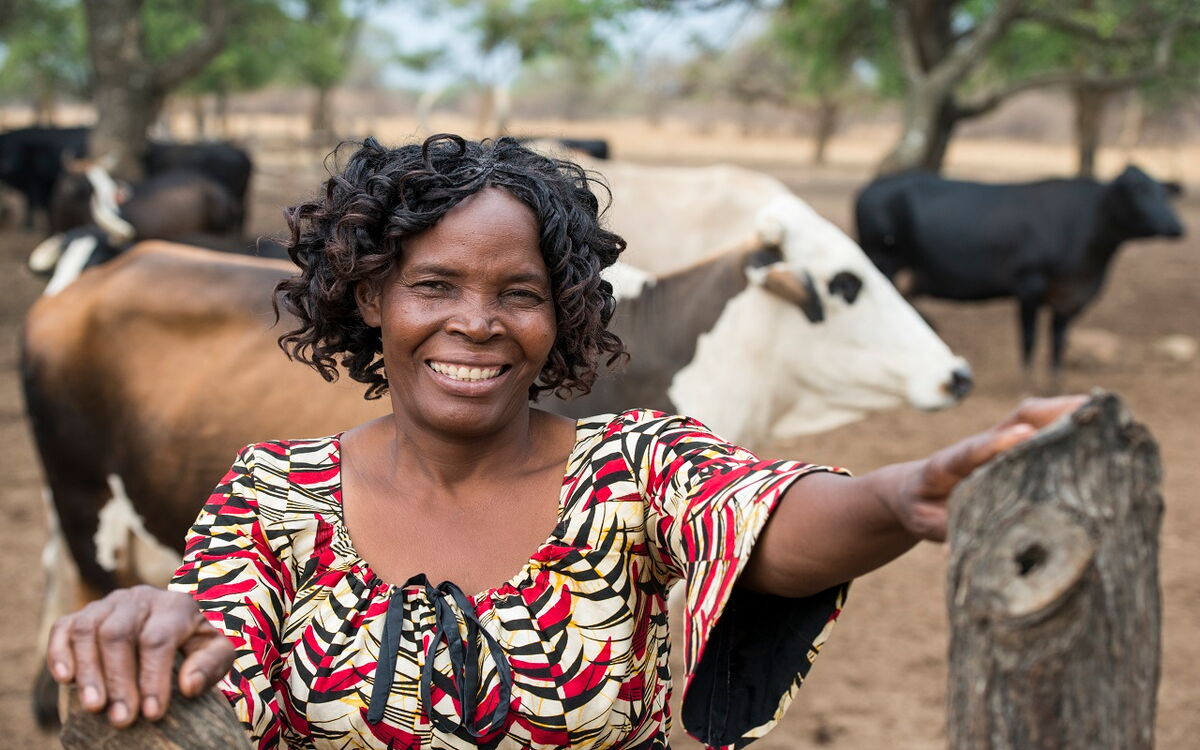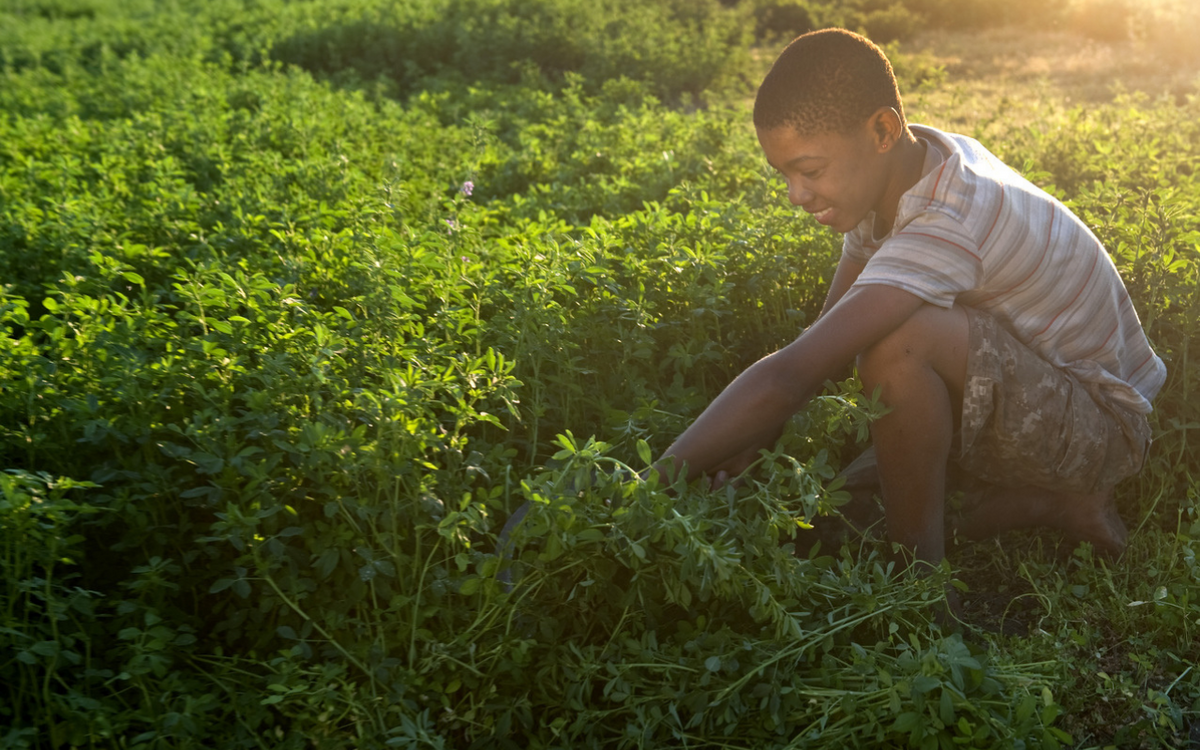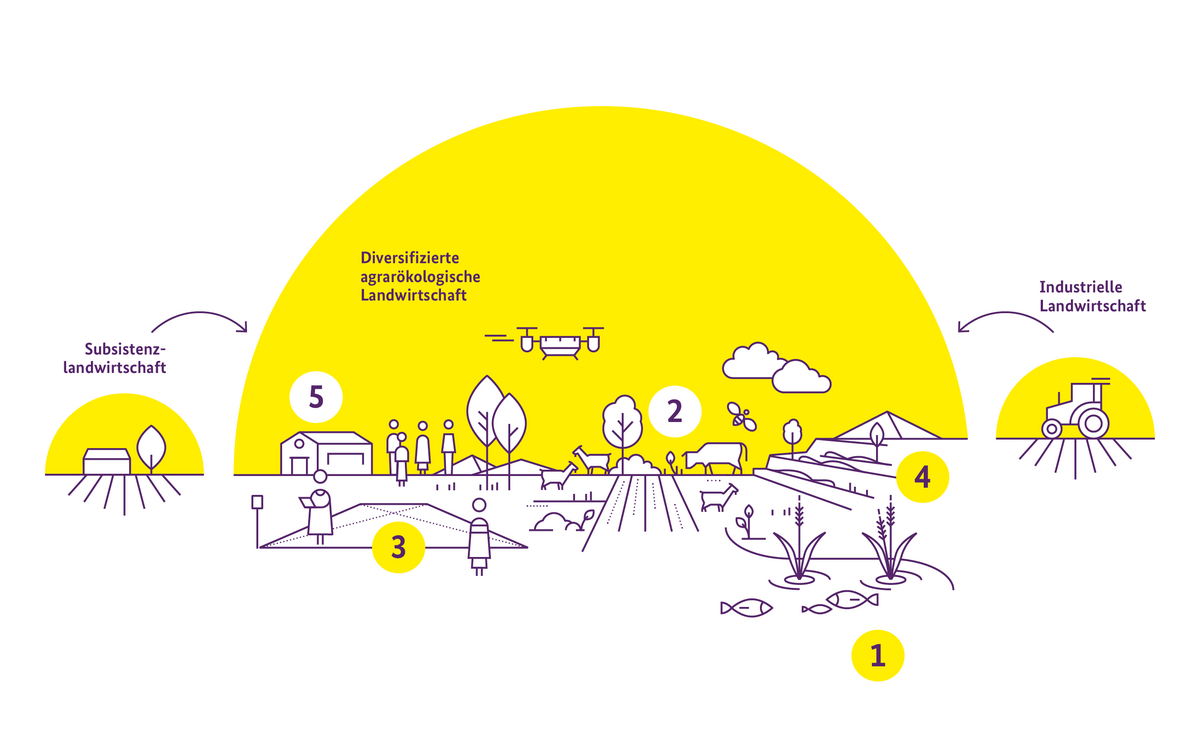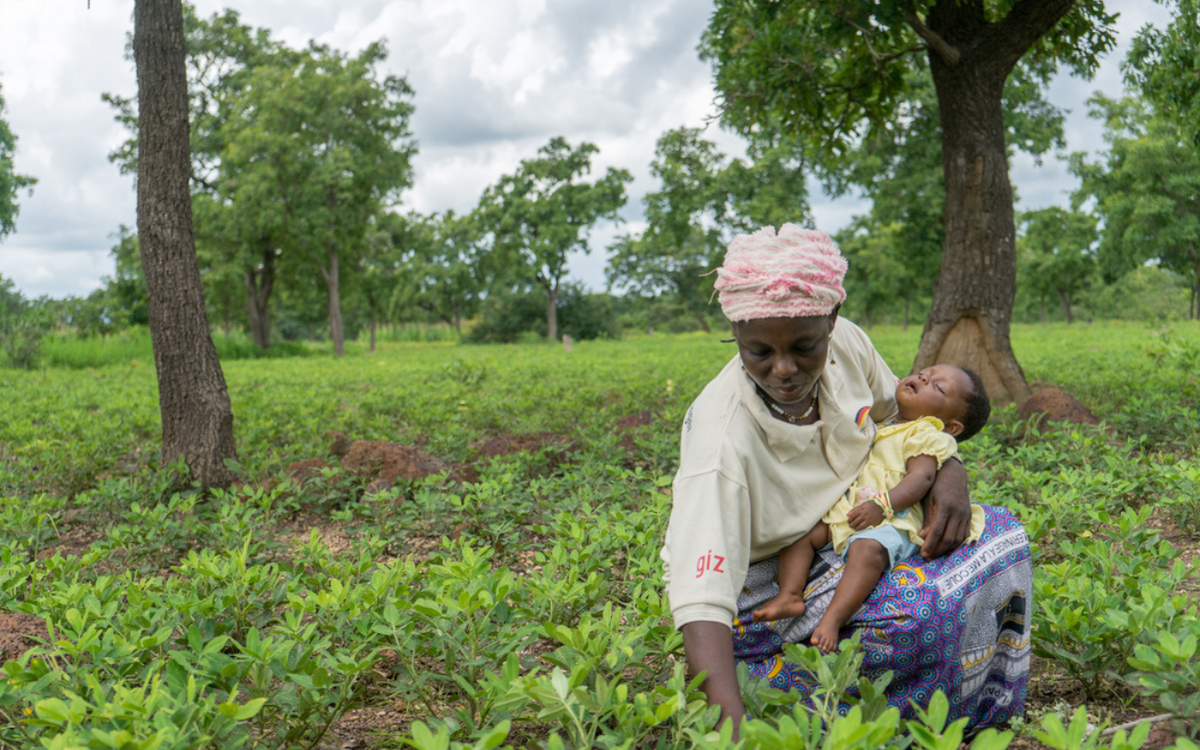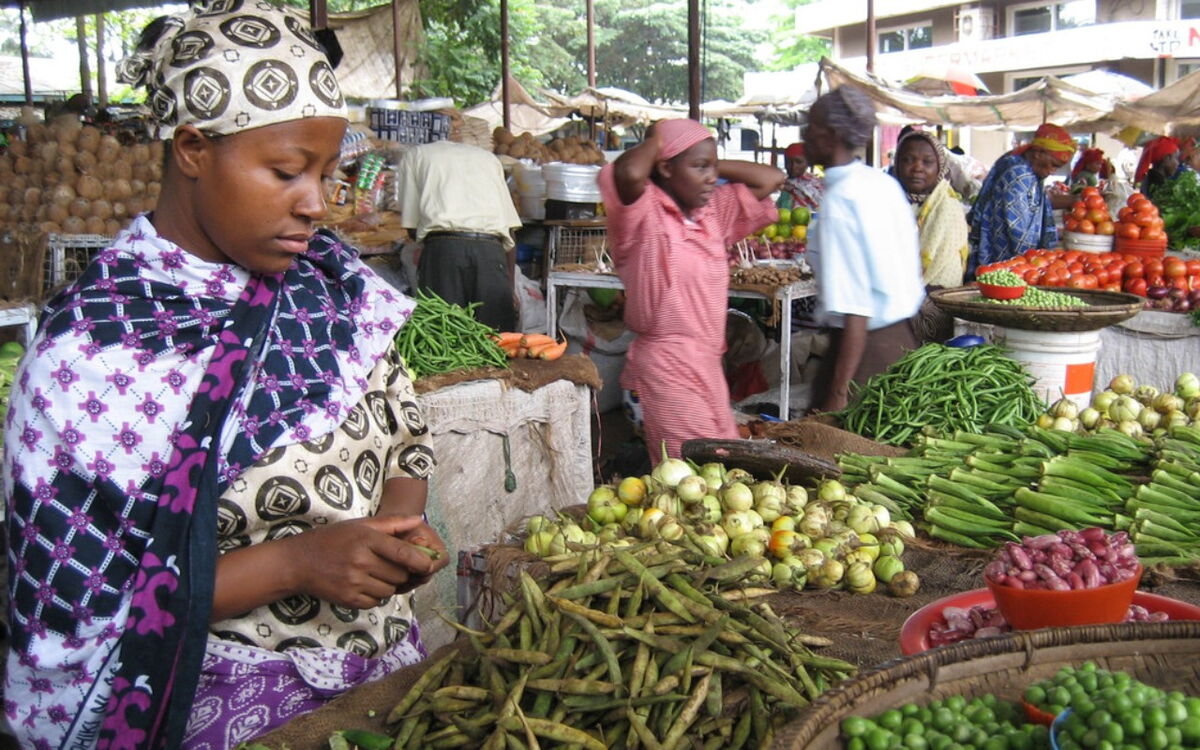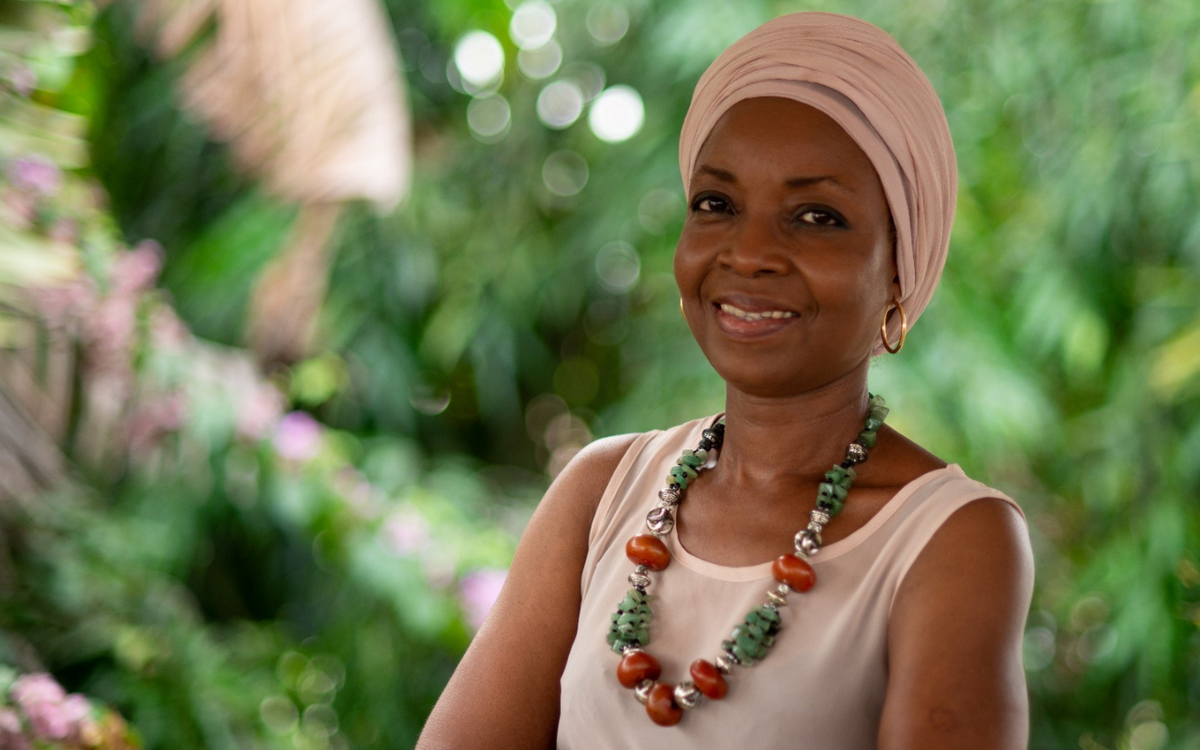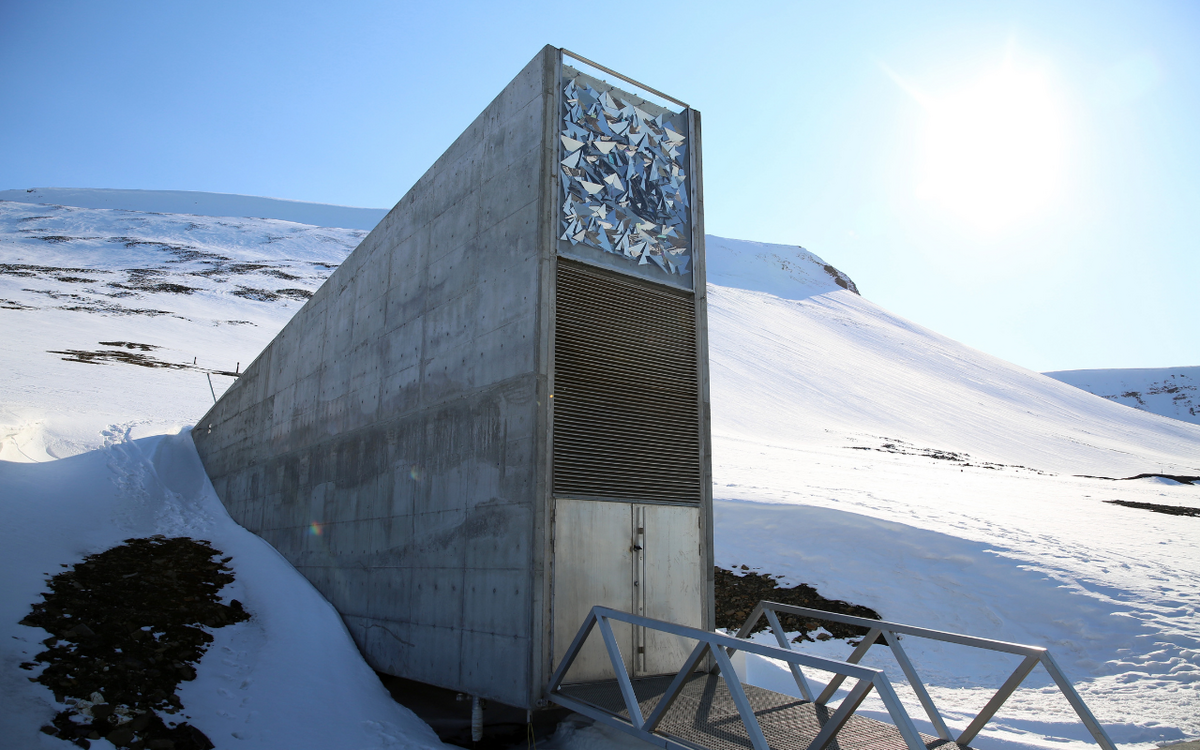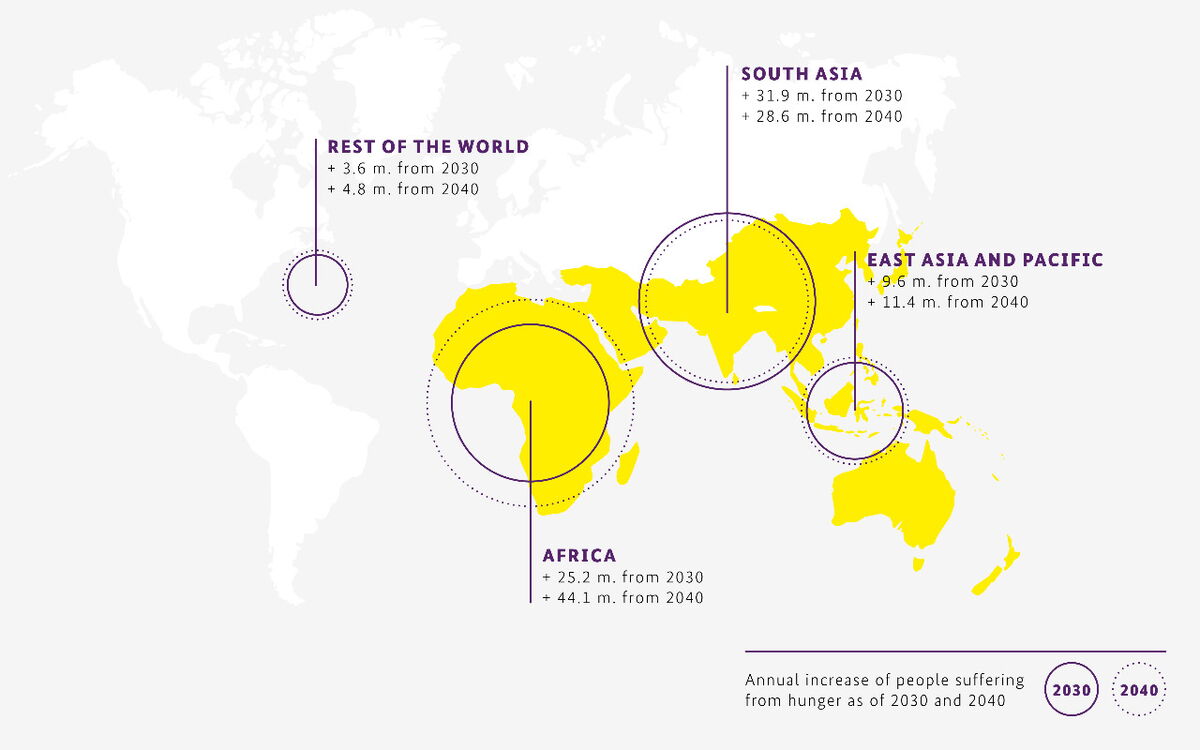Babban Gona's holistic financing approach
In discussions with farmers and business associations in Africa, commercially viable business models are often highlighted as the key to transform rural areas. But what are innovative funding mechanisms and how can financing help scale innovation? Kola Masha, Managing Director of Babban Gona has established a very special – and successful – business model supported and financed by the german KfW. We met him virtually to discuss his ideas and hear his story.

Please give us a short overview on what Babban Gona does.
Well, for us I think we’re motivated by solving very critical challenges, such as rising youth unemployment, particularly in West Africa, and increasing violence, which destabilises regional economies and threatens to accelerate the current migration crisis. Located in Nigeria in the heart of West Africa, Babban Gona uses a unique technology platform to make farming more profitable, to create millions of youth jobs, interrupting the root cause of violence, stimulating strong economic growth and alleviating the migration problem.
So, what does the name Babban Gona actually mean?
Babban Gonna means great farm in the language of northern Nigeria – Haussa.
Your loan repayment rate is at 99 percent. What makes you so successful and how are you different from other microfinance institutions?
I think, at its core is the Babban Gona model. It is very holistic. It supports the smallholder farmer really with everything that they need besides their land and their labour. And because of this we’re able to derisk these smallholder farmers, and by derisking them, we’re able to ensure such high redeeming traits. In addition, we use a tremendous amount of technology. Most people think that Babban Gona is an agriculture company or a financial company, but the reality is we’re a technology company. Our largest team, well over 30 people, is our technology team – software developers, product development specialists etc. And we have developed really a plethora of very sophisticated applications, including the, to our knowledge, first in Africa artificial intelligence decision support tool for smallholder farmers. That helps us manage the risks of lending to smallholder farmers exceptionally well.
Most people think that Babban Gona is an agriculture company or a financial company, but the reality is we’re a technology company.
Interest rates on classic finance products are at a historic all-time low. What can you tell investors who are looking for alternative investments about Babban Gona?
Well, I think we have been very fortunate that we had really a tremendous support of investors, including the German KfW Development Bank and the European Union, amongst many others. So, what we've been able to put in place with our many partners is a financing structure that’s exceptionally low risk for our senior investors because of the structure of our investments and the fact that investors are coming in to take on junior positions to derisk the investments of senior investors. First of all, we have been able to make it a very low risk investment by the fact that we have been operating for decades consistently maintaining high repayment rates and then in addition, we’re able to offer very favourable interest rates considering the risks. They’re significantly above those that can be attained in typical markets.
Is Babban Gona profitable already?
Yes, it is. We have had a positive gross margin. We had a positive EBITA by our third season and then since 2016 we have had a positive net income for every year except for one.

How is the training of smallholder farmers paid for?
One of the things that makes the Babban Gona model unique is that we have been able to develop a financially sustainable model because of the sheer volume of business, we can do with typical smallholder farmers because we’re supporting them complete end to end – their inputs, their financing, their storage and marketing. And because of that, even though it's a relatively low margin model, we're able to have sufficient margins that we can cover the costs of some of these types of activities, such as extension training.
Babban Gona’s business model includes four sectors – Financial Services, Agricultural Input Services, Training & Development, and Marketing Services. What is the most important one?
The most important one is credit. Because at the end of the day, a smallholder farmer is earning typically less than a dollar a day. And you’re asking somebody that’s earning less than dollar a day to somehow come up with the capital to invest three, four or five hundred Dollars in their farm, which is what it takes to get these very high yields. So, without financing to basically overcome this challenge that farmers have the sense that they don't have the capital to purchase this technology, it really is a nonstarter. And so, the credit is so important, and we knew this. We actually spent two years before we lent one euro to farmer to basically help them think through how we could deliver this credit effectively and efficiently.
Part of Babban Gona’s business model is selling agricultural inputs. Are you centrally organized, or do you partner with local retailers?
We do partner with supplier of agricultural inputs. But we do basically centrally manage all procurement and distribution. So, we basically handle all of the distribution ourselves. The reality is, we're really a massive supply chain entity. In the sense that in the next twelve months, we will be moving about 150,000 metric tonnes of agricultural inputs, produce and so on and so forth into roughly 80,000 different locations.
We actually spent two years before we lent one euro to farmer to basically help them think through how we could deliver this credit effectively and efficiently.
Making inputs accessible is an important component of making smallholder farming economically sustainable. Where do you see opportunities for German companies in this context?
Well, I see tremendous opportunities for German companies in Nigeria. Today, Babban Gona is the single largest maize producer in West Africa. And this year, we’re on track to become the largest single maize producing entity in Africa. We’re farming an area of about 120,000 acres. You know, here is tremendous opportunity. Particularly for German companies that are producing seeds. One of the benefits of the Babban Gona model is, because we’re financing the farmers, once we bundle a new technology into our package, the adoption rate of that new technology is exceptionally high. So, it is really a tremendous channel for getting smallholder farmers to adopt new innovative technologies.
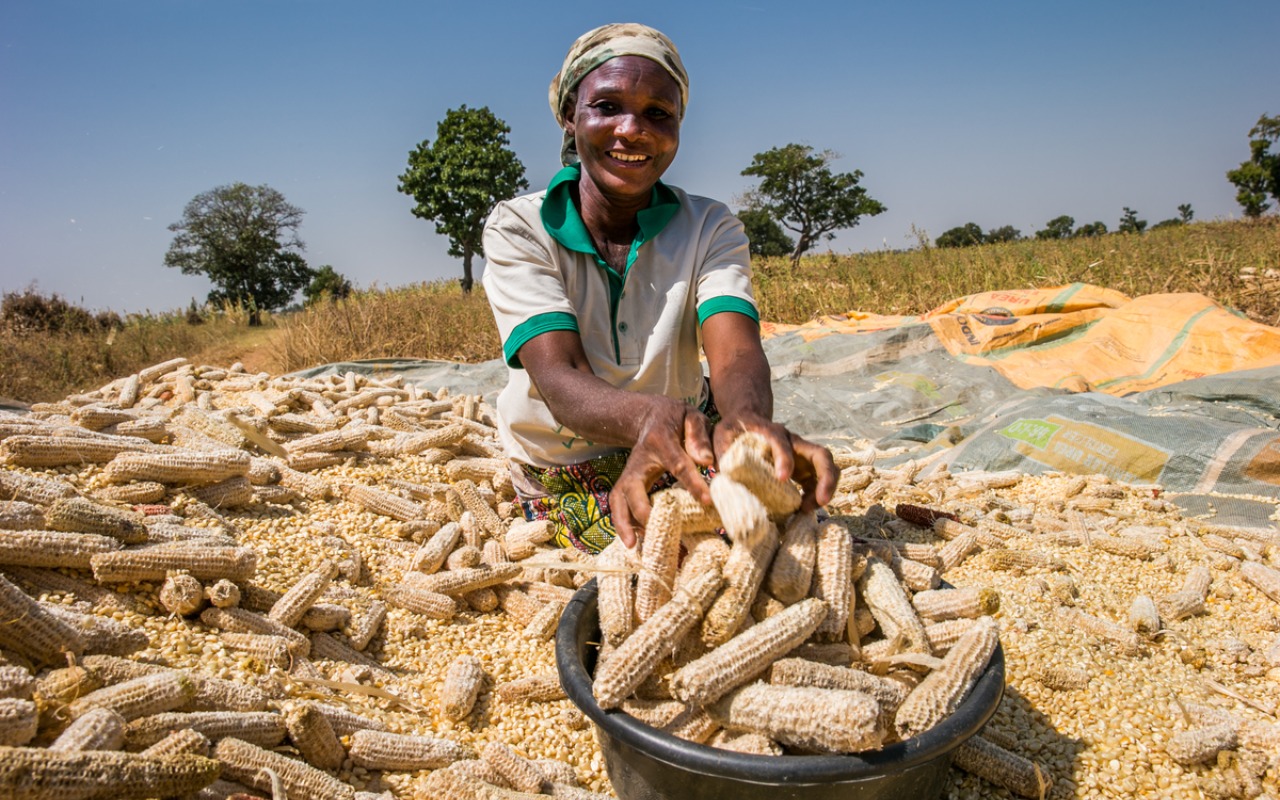
Babban Gona covers multiple parts of the agricultural value chain. Do you think this is the way forward for German companies in Nigeria too, should they offer more holistic services?
Babban Gona covers multiple parts of the agricultural value chain. Well, the key thing is the active providing of credit is quite complex. And I think that requires a very specialised lender. But I do see a tremendous opportunity to partner with companies like Babban Gona on moving your high technology agricultural inputs easily to tens of thousands of customers. We have already done this with seeds. We’re today one of the largest users of improved seed technology in Nigeria, working with many international companies on that front. We also see an opportunity on the mechanisation side, as well as the equipment side, and not just on the agricultural side but basically any product or service that could be beneficial to rural inhabitants. But we support and partner with organisations across wide gaps of products – from solar products, climate change mitigation products to logistics of transportation products. We even actually have a programme where we support women. Last year, we supported nearly 20,000 women to start small retail businesses in rural communities and partnered with moving very large amounts of fast-moving consumer goods. We’re on track to scale that to close to 50,000 women this year. So, that’s a very high priority for us as an organisation.
Smallholder farmers are very vulnerable to climate change. What does Babban Gona do to promote climate smart agriculture?
Babban Gona has an exceptional robust climate change program, both in terms of mitigation and adaptation. So, on the mitigation side, we basically have a programme specifically around reducing deforestation to improve absorption of carbon. We have a programme to reduce crop burning to reduce carbon emissions. We utilise micro dosing of fertilisers to reduce our carbon footprint. We’re piloting models to increase soil organic carbon storage. We’re dramatically reducing food waste to reduce the carbon footprint as well. Also, we’re in very early days of working out a programme to introduce electric vehicles, particularly motorcycles, to tens of thousands of farmers. On the adaptation side, the sad reality is that the African smallholder farmer is likely going to be one of the most affected individuals in the shorter terms of climate change. So, we have a very robust adaptation programme that begins with increasing the nett incomes to more than two times the national average, providing an economic cushion. We developed three innovative insurance products to protect farmers from the impact of climate shocks. We have improved soil health to increase sustainability water retention capacity. And we provide access to drought tolerant seeds as well.
What is your vision of Babban Gona, where do you see it in ten years?
For us, our vision for Babban Gona is quite simple. We have spent the last ten years building an organization from supporting about 100 farmers on 200 acres of maize to becoming the single largest maize producing entity on the continent, farming over 120,000 acres. We continue to scale our core activities, but we believe that there is tremendous opportunity for us to help others in other markets around Africa to replicate our model and increase the impact of Babban Gona multiple fold. We recognize that from 2010 to 2030 there are about 400 billion youths coming out into an oversaturated work force across the continent. But we easily estimated about a 150 billion of that could benefit from models like Babban Gona and we have already started down this journey and are actively supporting other businesses to replicate our model in other parts of Africa.
That already was my last question. Thank you very much for this very interesting interview. Is there anything you want to add?
Well, I think highlighting the role of the German Government has played in our growth is a very important point. The KfW made an equity investment in us in 2019. Despite the challenges of COVID-19, we were able to double in size as a business. And this year, we're on track to grow at least by 50 percent. So, since KfW's investment in 2019, the business was growing three times in just under two years. And not only their equity investment, but they have a representative on board, Michael Jainzik, an exceptionally experienced and capable individual that has provided really tremendous insights and support as we have been on this trail.
Kola Masha was interviewed by Robin Sohnemann, Manager German Agribusiness Alliance, Afrika-Verein der deutschen Wirtschaft e.V. (German-African Business Association).
